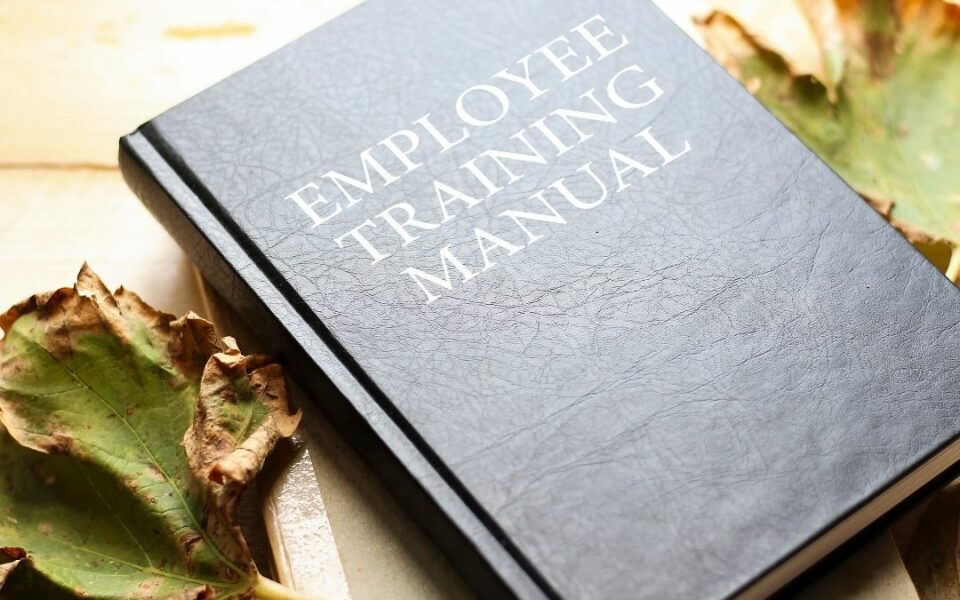Beyond the Interview: Two Vital Ways to Assess Job Candidates Before You Hire
Hiring is a huge headache for many dentists and office managers because we need to get it right from the start. There is a right way to go through the interview process to have the highest level of success at hiring a great candidate. However, until the person you’ve hired is actually placed in the work environment, it’s difficult to know for sure if they are a keeper or not.
Let’s relate this to dating. Imagine if you had to select the person you were going to marry after only an hour or two of talking with them on your first date. Everyone is on their best behavior on a date, hopefully, and you certainly wouldn’t commit to marrying someone until after you’d had a chance to see how they are with their family and friends in everyday life. A job interview is a lot like a first date between the candidate and the office doing the hiring. Candidates will present the best version of themselves, which is not always representative of the personality or skills of the individual who will show up at the office day after day after they are hired. Until you can see the candidate in the environment, doing some of the tasks that are required for the position, there is no way to be confident in your hiring decision.

It just makes sense to follow a hiring path that allows you to get to know the candidate better and assess their skills in the relevant context. In my experience, there are four ways you can find out in a more in-depth approach whether the candidate is a great fit for the position. In all four scenarios, the goal is to observe how the candidate acts around those they consider their peers and/or around your patients, as well as to see how they do at accomplishing assigned tasks.
The first two are focused on their interpersonal communication skills and how well they fit into the environment and culture, while the third and fourth way serve to assess their actual skills, including follow-through, ability to follow directions, and implementing what they have learned.
Interpersonal Skills and Cultural Fit
Team interview.
A candidate is going to be on their best behavior when they are talking to and interviewing with the boss, but they may show a more complex view of themselves when they are with their peers. A great way to see how the person does with those they consider their peers is to allow them to meet without the boss in the room or involved. The candidate will probably relax a bit more and show more of their true identity. A big bonus in this scenario is the person or people who will be working with this candidate will get to give their buy-in (or not). It would be best if this was in a casual environment, such as in the break room or out to lunch. Make sure, if you follow this approach, that you train your employees on what is legal and illegal in terms of speaking to the candidate and asking. Everyone on your team has to follow all the hiring laws.
Working interview.
Another great way to learn more about how the candidate might perform in the actual job role is to bring them in for a working interview. A working interview is when the candidate performs paid work for you during an agreed-upon brief time period, such as a couple of hours or a couple of days. I know what you are wondering – yes, you absolutely do have to pay them for the time they work in your office. In my experience, it’s worth it. I would rather pay someone for a day of work and find out they are not a fit, than hire someone and then have to deal with the cost of firing them and hiring someone new. This working interview will allow you to observe how the candidate interacts with other team members when they are not under the heat of the interview. You will also be able to see how they respond to patients and the activity of the office. This has proven useful for me to find which candidates are a good fit for the office and which should not be hired, as they obviously would not work out. There are two important caveats. First, you have to allow the person some space during the working interview rather than staying too close. If they feel you are observing them, they will remain on their best interview behavior. Second, do not put a job candidate on any tasks that are key to the success of the office, like answering the phones. As a general rule, do not ever let anyone answer the phones until they have been completely trained.
Job Skills and Follow-Through
Skills assessment.
Before you hire someone, determine whether the person can actually do at least part of their job well. Make sure that what they said they do well in the interview is true, so a skills assessment is the way to accomplish this. This can be done either in the formal interview itself or the working interview. The idea behind this approach is for the candidate to demonstrate a skill or task they claim to be competent in, so you can ensure they know how to do it well enough to meet your standards. The task could be as simple as alphabetizing charts, or it could be more in-depth, like setting up or breaking down an operatory. Again, make sure you select things for the candidate to do that will be an adequate test of their ability, learn new information, and follow instructions.
Homework.
The final way to determine a candidate’s desire, skill levels, and ability to follow through is to have them complete a test assignment, such as watching a training video and then answering the quiz questions afterward to ensure they can pass. Or, send them home with instructions about what they need to do next, and then see if they do it to continue through the interview process. Too many times, the urgency and the interest of the candidate is not fully explored. You can also use this written homework to elicit responses such as why they liked a certain video, what they learned, or how they feel that they would be a good person for you to hire.
There is not one magical, sure-fire way for employers to know they have found the perfect candidate. However, understanding and putting in place one or more of these methods will help you weed through the larger pool of candidates that interviewed well but may not ultimately be the right person for the job.
Related Dental Training Resources:
- [Dental Training Course] Office Manager Training – member access only!
- [Foundation Training Course Video] Interview Management Style (7:51) – member access only!
- [Article] 5 Common Hiring Mistakes to Avoid in The Dental Practice
- [Article] Front Office vs. Back Office: How to Unite Your Dental Team
- [Article] Work Better as a Team When You “Walk a Mile in My Shoes”


